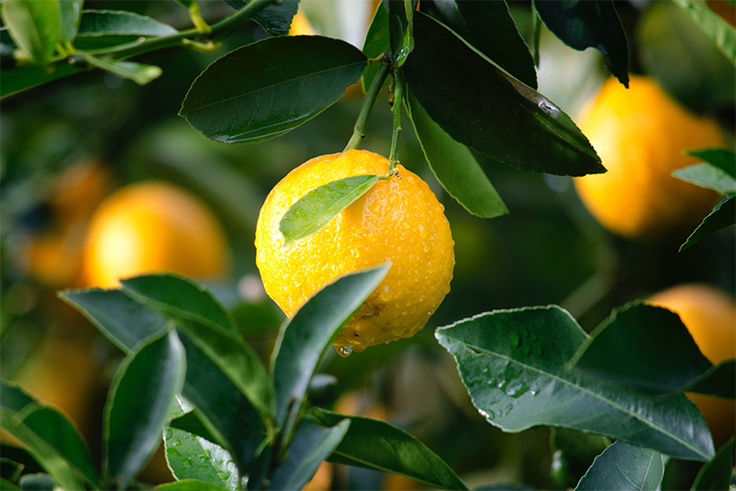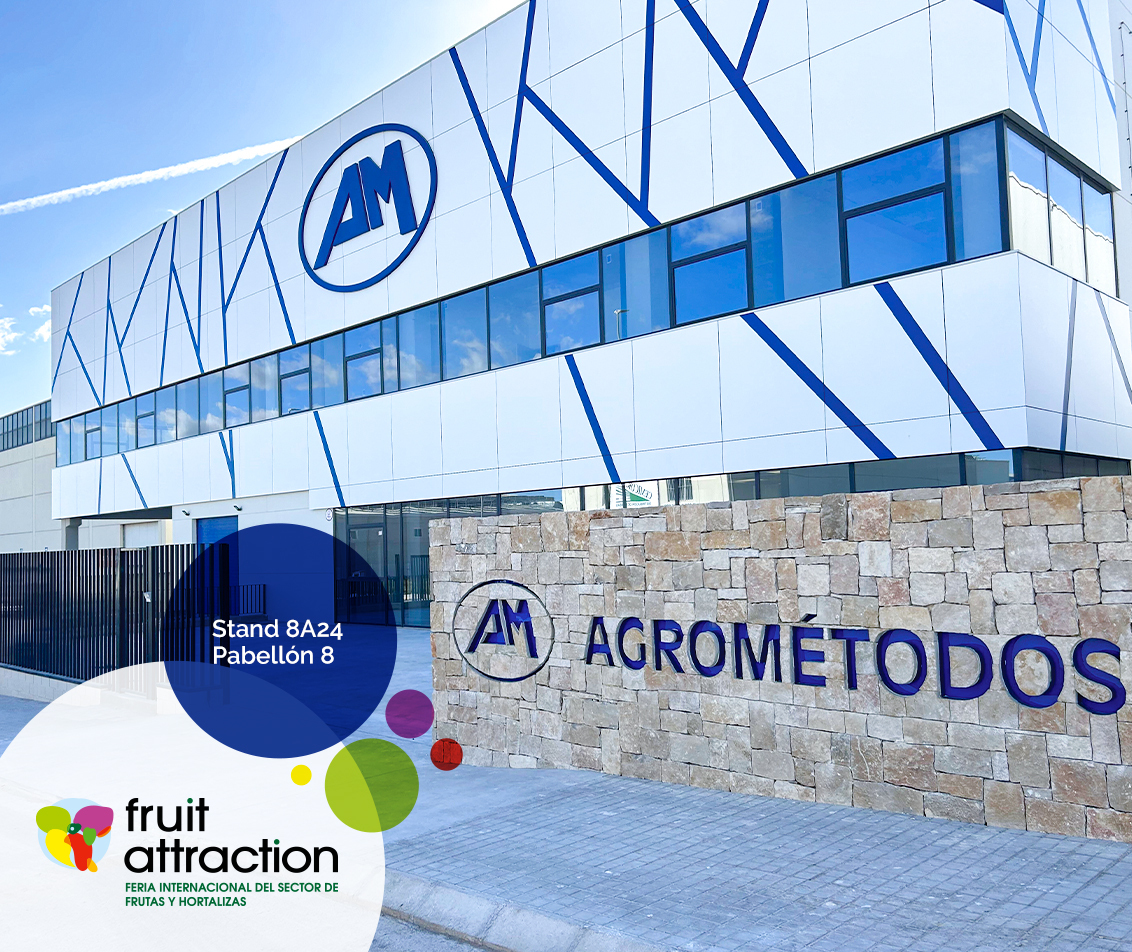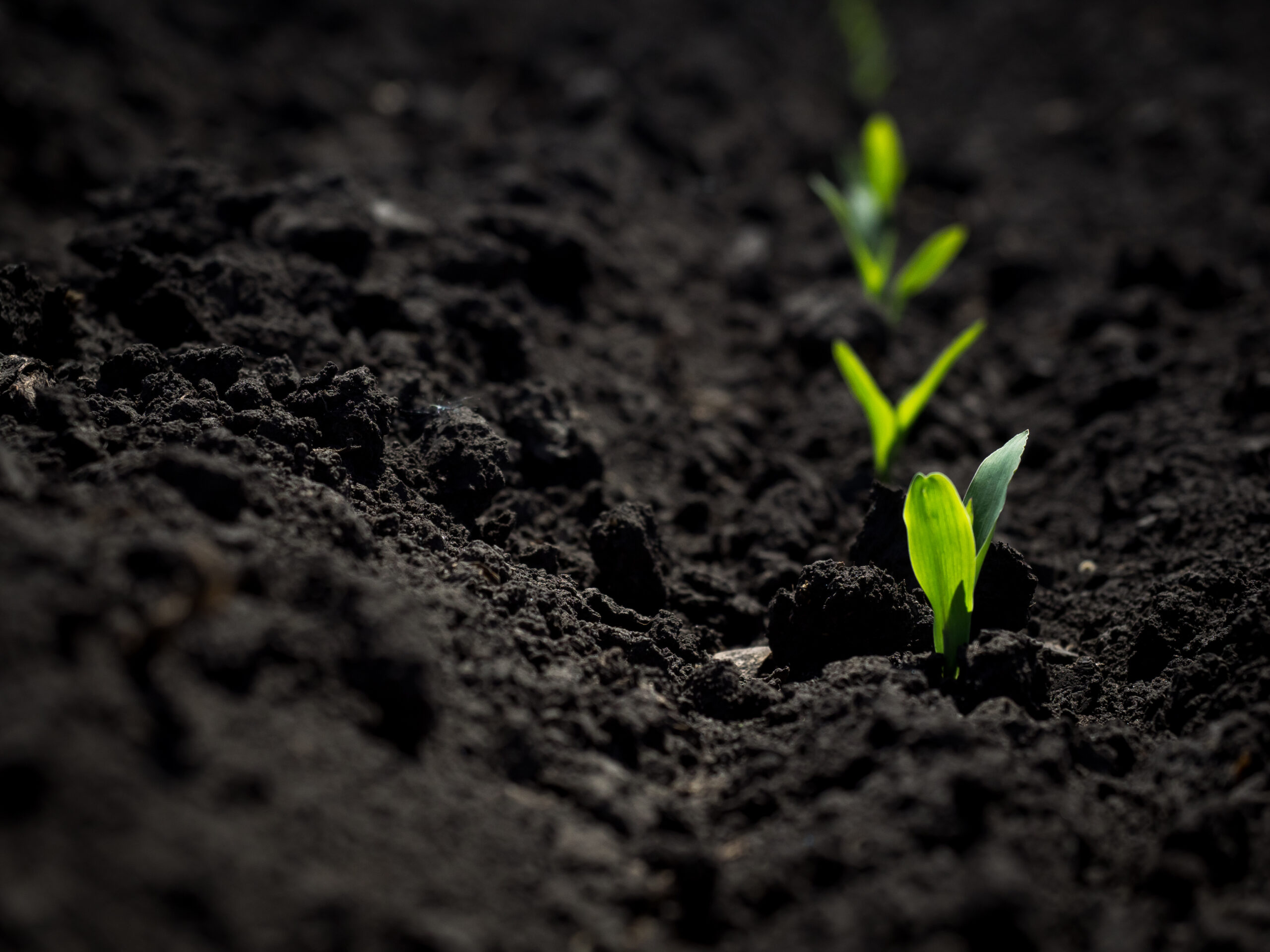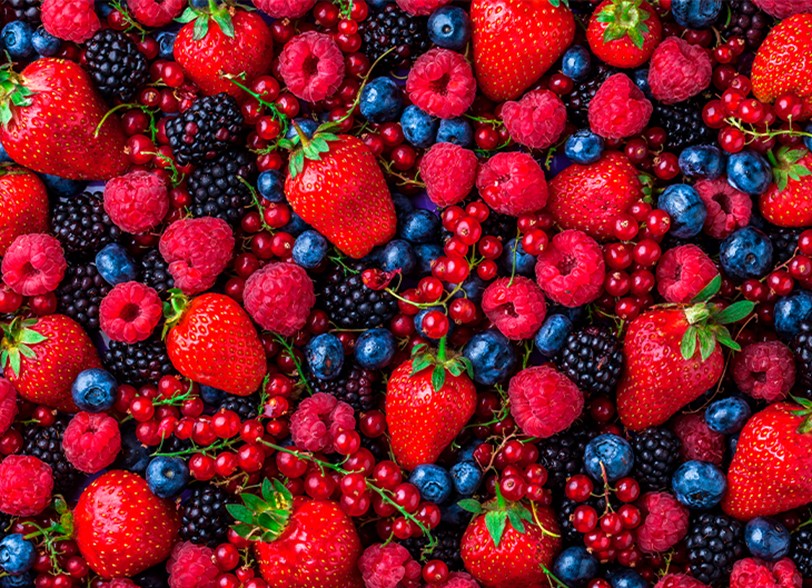IFOAM, International Federation of The Organic Agriculture Movements, and FIBL, Organic Agriculture Research Institute, have published the 22nd edition of The world of organic agriculture report. The data collected on the organic production sector comprehensively analyze agriculture and organic markets.
With more than two decades of history, this report provides dynamic and easy access to green market and production data to support decision makers in government administrations, development agencies, NGOs and other actors in the international organic industry. It is also useful for development programmes and support strategies for agriculture and organic product markets, and crucial for monitoring the impact of these activities.
One of the key points of this publication is the importance of transparency in the ecological sector, this document being a reference source in scientific, technical and descriptive articles and reports on this agricultural production model.
As both agencies say in their publication, organic agriculture contributes to the fight against climate change, ensuring food and nutrition security, stopping biodiversity loss and promoting sustainable consumption, to name a few. Overall, this report shows that potential organic farming needs to contribute to a sustainable future.

The data collected by this report (land area, number of producers and market figures) show that 2019 was a good year for organic farming in the world, figures that have been spreading in the past year 2020. It is shown that, once again, increased demand for organic products stimulated growth in the organic sector, with sales of organic food heading to the 110 billion euro mark. Double-digit growth rates were recorded in many organic product markets. Production also keeps pace: the latest data show that organic farmland grew in many countries, and the total ecological area increased to more than 72 million hectares, representing 1.5% of agricultural land worldwide, administered by more than three million producers.
In this report, Spain ranks as the third country in the world with the largest ecological area, namely 2.4 million hectares, representing 9.7% of our country’s agricultural area. In addition, we are one of the ten countries that has increased the ecological area the most, with 108,441 new hectares dedicated to organic production. in the last year.
In terms of consumption data, Spain ranks among the 10 countries with the highest consumption of organic products, a fact that highlights the importance of the sector for health and the environment.
This report is free to view and download at the https://www.ifoam.bio/news/download-world-organic-agriculture-and-its-slides




